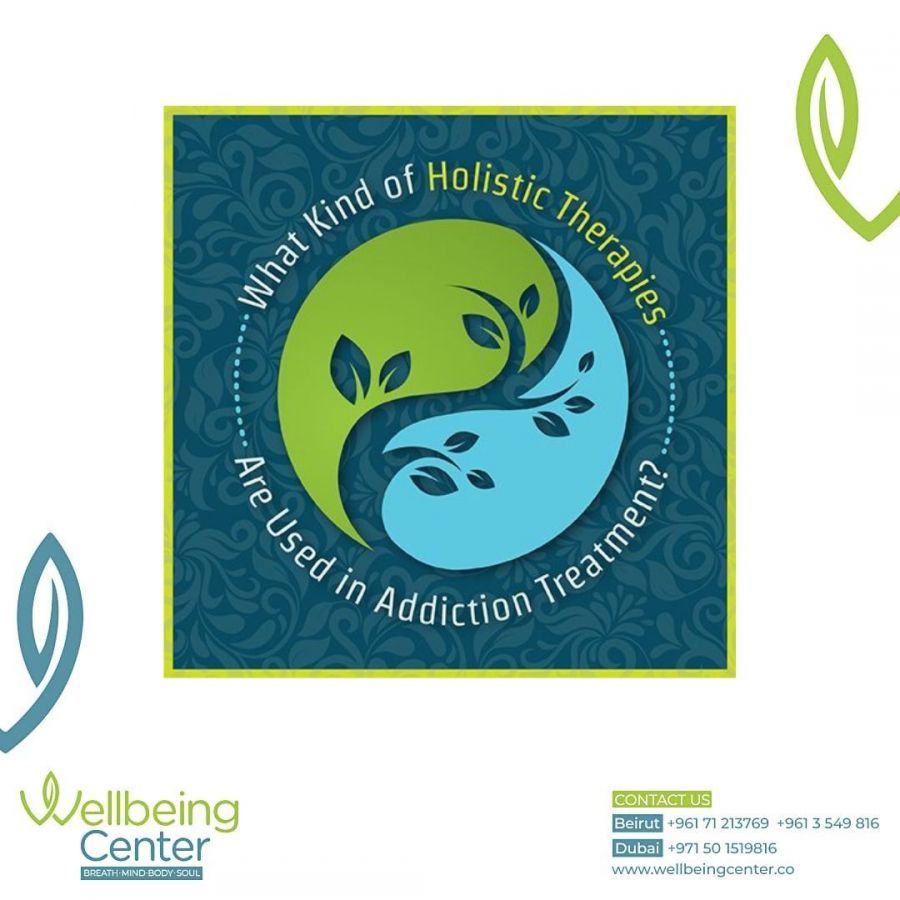Holistic treatments for addiction

Holistic treatment is a set of therapy approaches that target all aspects of a person’s health — the body, the mind and the spirit. These programs use natural methods to treat drug or alcohol addiction.
The traditional model of substance abuse treatment focuses on counseling, meetings and other supportive services. But holistic treatment also integrates complementary therapies such as Hypnotherapy, meditation and acupuncture to address underlying causes of addiction.
Holistic therapies focus on the patient’s physical, mental, emotional and spiritual well-being. Paying attention to each aspect may expedite recovery and create a more stable body and mind.
Why Is Holistic Treatment Important?
Addiction affects many aspects of a person’s health. It can cause problems to the cardiovascular, respiratory and musculoskeletal systems. Substance use disorders can also lead to overdose and death.
But addiction is a disease that changes the brain. In addition to physical problems, this disorder can result in mental illnesses such as anxiety, depression, bipolar disorder or schizophrenia. Many people simultaneously experience addiction and mental health problems.
Holistic treatment addresses physical, emotional and spiritual issues associated with addiction, from physical health to spiritual wellness.
Generally, holistic therapies can:
- Treat pain
- Reduce tension
- Decrease stress, depression and insomnia
- Improve self-care
According to the American Holistic Health Association, holistic medicine educates clients and encourages them to actively participate in their own recovery. Through the holistic philosophy, individuals suffering from addiction learn to protect many areas of their health.
Is Holistic Treatment Effective?
Research has found that holistic therapies can enhance addiction recovery when combined with traditional substance use disorder treatments and self-help groups. These complementary therapies can provide additional tools to support people in recovery.
A 2013 study published in the journal Drug and Alcohol Dependence showed that holistic treatment may be effective in treating smoking addiction. In a review of 14 clinical trials, researchers found that yoga and meditation-based therapies showed promise in improving smoking cessation.
And according to a 2009 study published in the International Journal of Adolescent Medicine and Health, holistic treatment is efficient in treating chronic illnesses such as mental health disorders and other health-related problems.
Nowadays, holistic treatment is growing in popularity.
Types of Holistic Therapies
Holistic therapies help individuals achieve optimal health by healing all aspects of a person’s well-being. Many holistic treatment modalities exist, and people around the world use these therapies to treat various health problems.
a) Hypnotherapy
Hypnotherapy is an evidence-based treatment for addiction, which can also be used to treat a variety of other psychological difficulties.
Hypnosis is an altered state of consciousness. The change in consciousness that occurs under hypnosis is more than just a feeling, it can actually be measured and observed on the EEG readings of the brains of hypnotic subjects. In the hypnotic state, the subject is more open to suggestion.
b) Meditation
Meditation is a mindfulness technique that involves relaxing the body and mind. The activity has shown to reduce anxiety, depression, pain and poor sleep — which are all factors that influence substance use. Meditation can also increase concentration and help people feel more at ease.
c) Yoga
Yoga is another popular mindfulness activity. The technique uses breathing modulations, body postures and meditation to heal a person’s physical, mental and spiritual health. Yoga experts say the activity increases neurotransmitters in the brain, which helps relieve stress and anxiety.
d) Acupuncture
Acupuncture is the practice of inserting needles into specific points in the body to alleviate pain or treat various health conditions. When used with addiction treatment, acupuncture may help reduce anxiety, cravings, irritability and withdrawal symptoms.
e) Exercise
Physical activities such as running, playing sports and weightlifting can assist individuals in reducing stress, increasing self-confidence and improving mood. Many treatment centers offer recreational exercise activities, such as basketball or volleyball.
f) Art Therapy
Art therapy employs painting, drawing and modeling to encourage self-expression. Through art therapy, people can help manage behaviors, assuage emotional conflict, increase self-awareness and develop social skills. It can also increase self-esteem and reduce anxiety.
g) Nutrition Therapy
Maintaining a healthy diet can help people overcome addiction. Eating healthy and staying hydrated can invigorate the mind and body and may expedite recovery. Many treatment centers incorporate healthy, well-balanced meals and snacks into treatment plans.
h) Aromatherapy
Aromatherapy uses aromatic essences naturally extracted from plants to promote a healthier body, mind and spirit. Also known as essential oil therapy, aromatherapy often uses various essential oils to increase relaxation and reduce stress.
